We’ve all had money moments we’re not proud of. Borrowing for a plan that didn’t quite work out, helping someone only to carry the burden ourselves, or watching a loan meant for emergencies vanish into impulse purchase. This episode unpacks the weight of idle debt and the quiet ways it disrupts our financial lives.
Let’s talk about some real confessions.
“I borrowed money to invest but the opportunity disappeared. Now I’m left with debt and no returns.”
What happens when you take a loan for a plan that never materializes?
It sounded like a great idea. A hot new investment, the promise of good returns, and a deadline that wouldn’t wait for your next salary. So, you borrowed. But then things changed. The opportunity disappeared or it turned out riskier than expected. Now you’re left with a loan to repay and nothing to show for it. That’s the risk of pre-spending future returns. This kind of idle debt can linger longer than the lost opportunity and quietly affect your financial confidence.
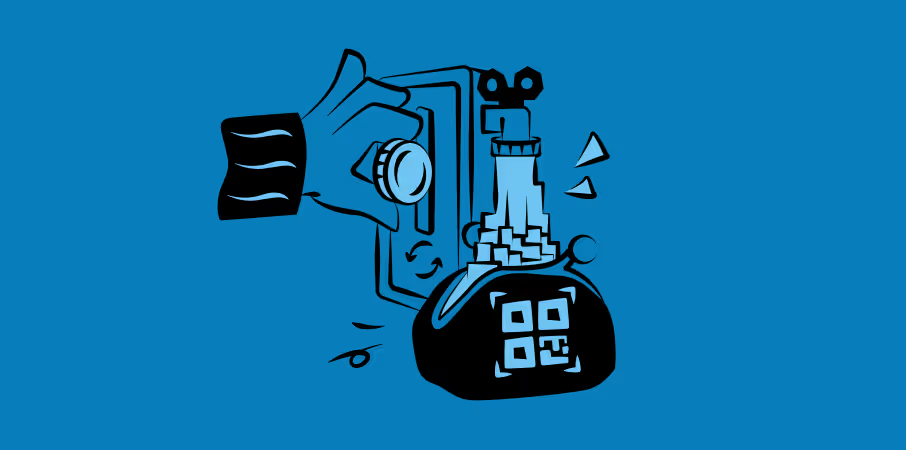
“I got a soft loan from work but forgot it was being deducted monthly. It kept messing up my budget.”
How does silent debt throw your financial plans off balance?
Some loans don’t shout. They get deducted at the source, and over time, you forget they exist. Until your monthly budget always feels off, and you’re constantly short. This is what happens when debt hides in plain sight. You’re trying to plan your month, but there’s a leak you can’t seem to trace. Debt doesn’t need to be loud to be disruptive.
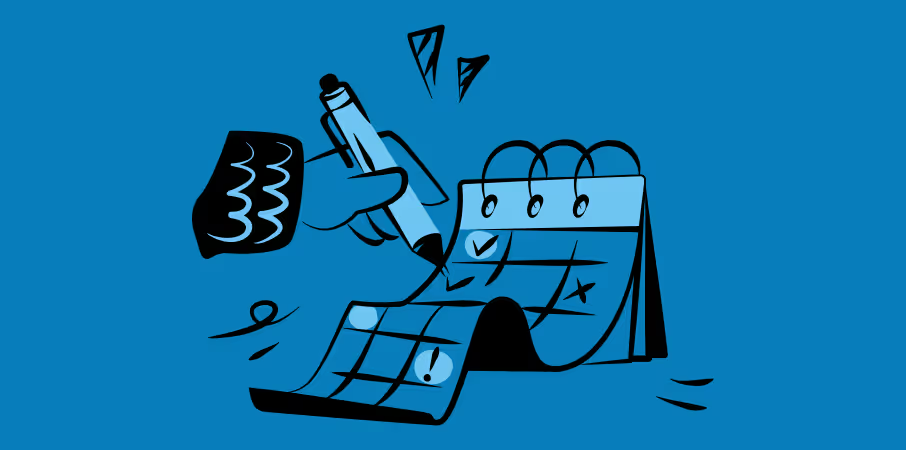
These 3 things could hurt your credit rating. Discover them here
“I helped a friend process a loan in my name. She defaulted and now I’m blacklisted.”
What’s the true cost of being a financial helper?
Helping someone in a financial fix can feel noble, even necessary. But using your name, BVN, or credit profile to access that help for someone else? That’s where things can turn sour. Defaulting on a loan you didn’t spend a kobo of is not only financially damaging, it’s emotionally frustrating. It changes how lenders see you, how you see money, and sometimes, how you see the person you tried to help. Financial help should never cost you your peace of mind.
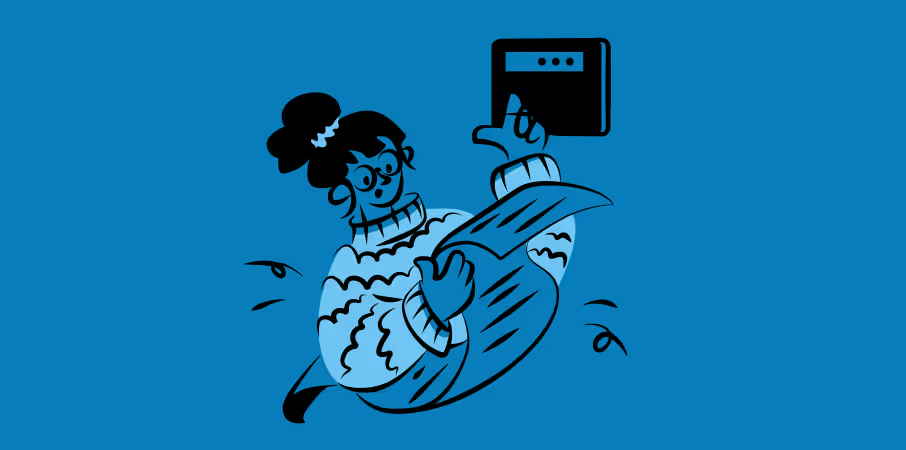
Read our blog on how to master your credit score effectively
“I took a loan to stay ready for emergencies but used it for impulse shopping instead.”
How does idle debt create a false sense of financial security?
You borrowed money in case of emergencies but your emergency became those shoes, that PS 5, or that bone straight wig. Having ready cash from a loan can feel like a safety net, but when it gets used on non-essentials, it becomes a financial illusion. The comfort you feel is temporary. The debt? That stays. Idle debt tempts you to feel secure even when your foundation is shaky.
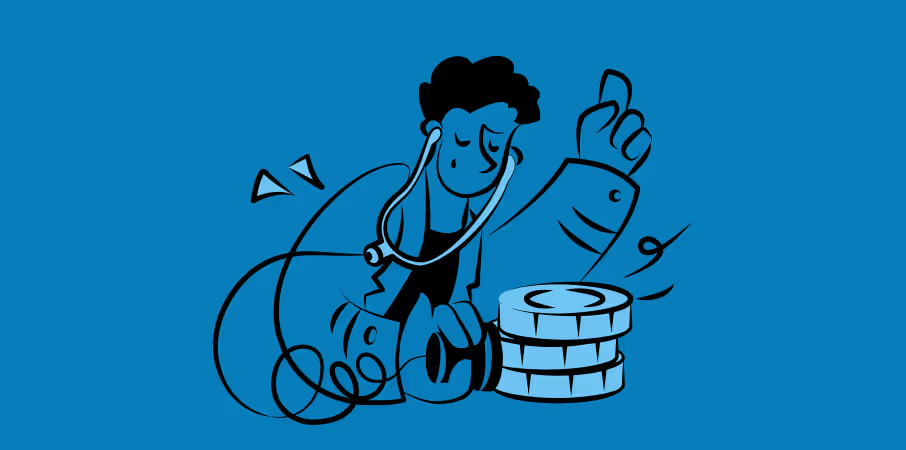
“I was approved for a loan and felt good just seeing the money. I didn’t need it but spent it anyway.”
Why do we feel rich when we’re just in debt?
It’s a strange feeling. The money hits your account. You feel light, empowered, like options just opened up. But that money isn’t income, it’s obligation. Spending it like it’s yours creates a dangerous cycle. It’s the psychological trap of debt: it looks like wealth, but is more of a weight. You’re not richer. You’re just momentarily distracted.
So, what’s the big picture?
Debt is a tool, but idle debt is a trap. Borrowing without a clear, controlled purpose can unravel the very financial stability you’re trying to build. It’s not about never borrowing, it’s about being honest about why, when, and how you do it.
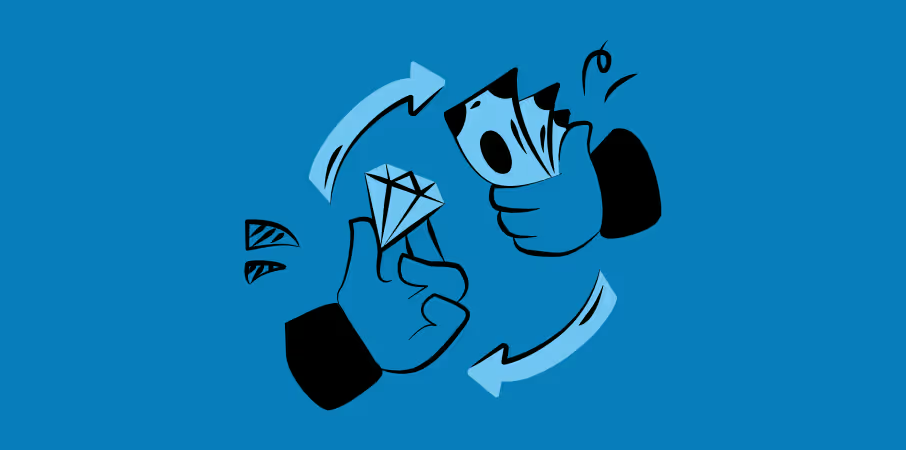
Read this practical guide on how to live debt-free in Nigeria
Here’s how to protect yourself from the cost of idle debt
1. Define the debt’s purpose before you borrow. If the money has no clear, essential use, don’t collect it.
2. Avoid borrowing for others using your name. It’s a risky favor that could cost you your financial reputation.
3. Track even soft deductions. If you have workplace loans or other quiet deductions, include them in your monthly planning.
4. Don’t let money sit idle. If you borrow and don’t use the funds immediately, put them in a separate savings wallet until needed or return the funds.
5. Distinguish real needs from emotional wants. Avoid the fake joy of having cash you didn’t earn.
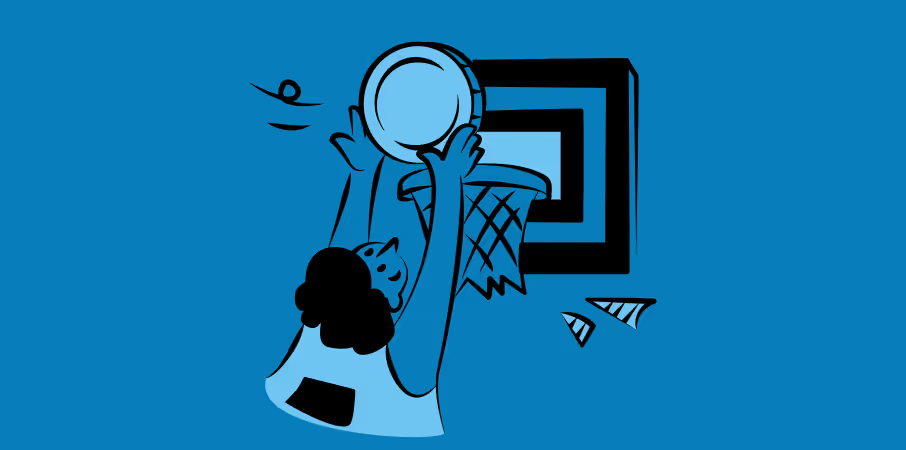
Debt should support your goals, not derail them. The more intentional you are with your borrowing, the more powerful and peaceful your money life becomes. If you want to dive deeper into the topic of idle debt and how it impacts your finances, make sure to stay tuned for our latest podcast.
Join our WhatsApp Channel or subscribe to our YouTube to get notified!





%20banner.avif)

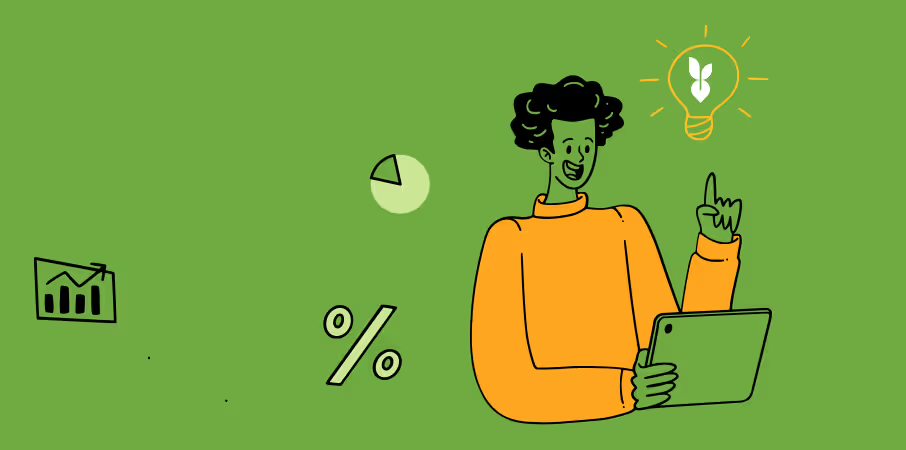
%20compressed.png)